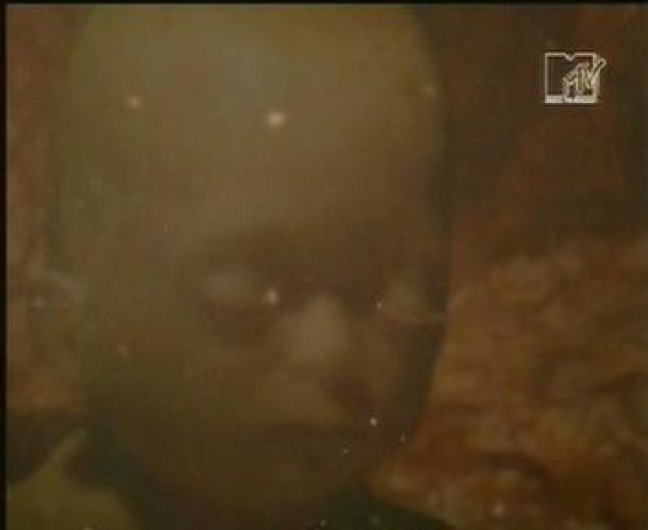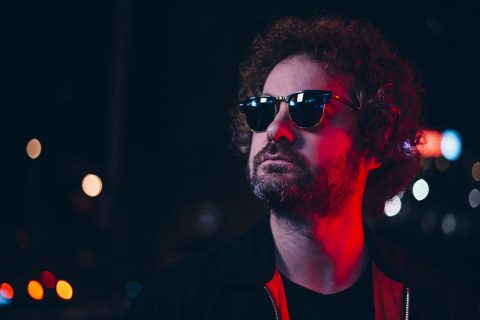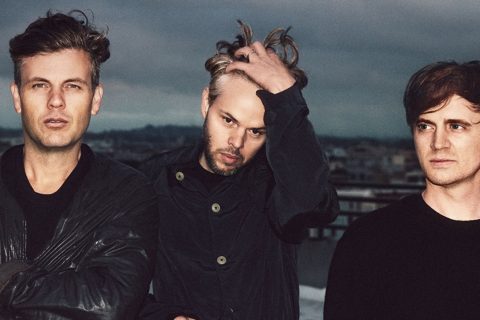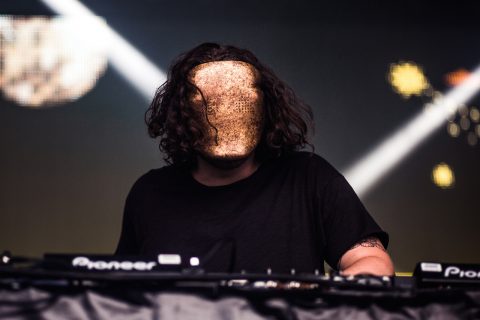
By Jonno Seidler (One A Day)
You can tell a lot about a person by the type of music they elect to listen to when they don’t want to listen to music. When I was fourteen, I used to sleep over at my mate’s house on Saturday nights and after we’d gorged ourselves on lollies and watched some totally inappropriate movie like Blue Velvet, he’d put on Powderfinger’s Internationalist to help him get to la la land. I’d lie there awake for hours thinking ‘What the fuck is it with people like that?’, the same sentiment I have towards my brother who writes law essays with Rick Ross playing at full blast or workmates who insist on pumping trance whilst locking in ad revenue. Those people are strange, but then, so is everyone. Except people who listen to trip-hop.
I discovered Massive Attack at age twelve and my life changed forever. It was the time when ‘Teardrop’, a song with the most unusual of beats and structures hit No. 1 on the ARIA charts and refused to leave for weeks. Over and over again, I watched that foetus spiralling into blessed-out vibes on screen, the ultimate chillwaver born to an unknown mother a decade too early. For years, it would be this song that I used to help me get to sleep. Eventually, I’d write my entire Extension 2 English major work by listening to the album that spawned it, Mezzanine, on repeat. In becoming the soundtrack to my silence, trip-hop indeed loomed large over many of the other art forms I pretended to indulge in for pleasure.
Here finally was intelligent music that bridged the divide between chill-out and electronic, beats and downtempo, white and black. Portishead’s Beth Gibbons stunned me by not being African-American after I’d heard ‘Glory Box’ – it seemed untenable that so much soul could come from such a dreary, pale part of the UK. That we use albums like her band’s excellent Dummy (1994) or Massive’s Blue Lines (1992) to relax is no accident. Their BPMs may sit in the low numbers and their synths throbbing rather than spiking, but trip-hop, despite what anyone may tell you is not easy listening. What it is, in fact, is some of modern music’s greatest examples of dissimulation; carefully and incrementally shaded pastiches of electronica hidden by cover of darkness. Anybody can write a good hook, but not anybody can package it in a way that it doesn’t seem like a hook. I have this theory that trip-hop is a superior art form because it both soothes and satiates us simultaneously; slowly stoking the long-dormant parts of our emotional IQ as we drift in and out of consciousness.
You can tell a lot about a person by the type of music they elect to listen to when they don’t want to listen to music. Often it is the songs we think we aren’t listening to that linger the longest. Just ask the nine thousand people at Harvest over the weekend that somehow remembered which particular chorus repeat of ‘Glory Box’ had the ad-lib high notes. Portishead don’t write pop songs, but they manage to have a similar residual effect. Massive Attack don’t release dancefloor bangers, but quietly, we all lose our shit when we hear it.
Honestly, it’s not that I have a problem with your preferred form of music. It’s just that trip-hop is better.





Comments